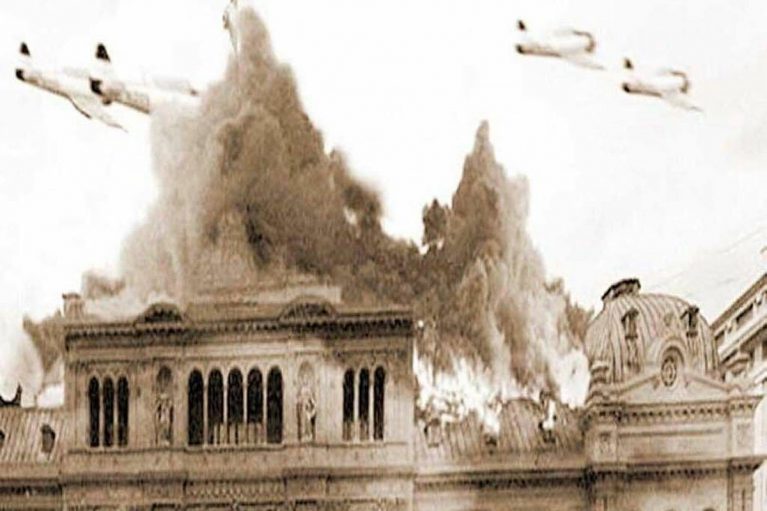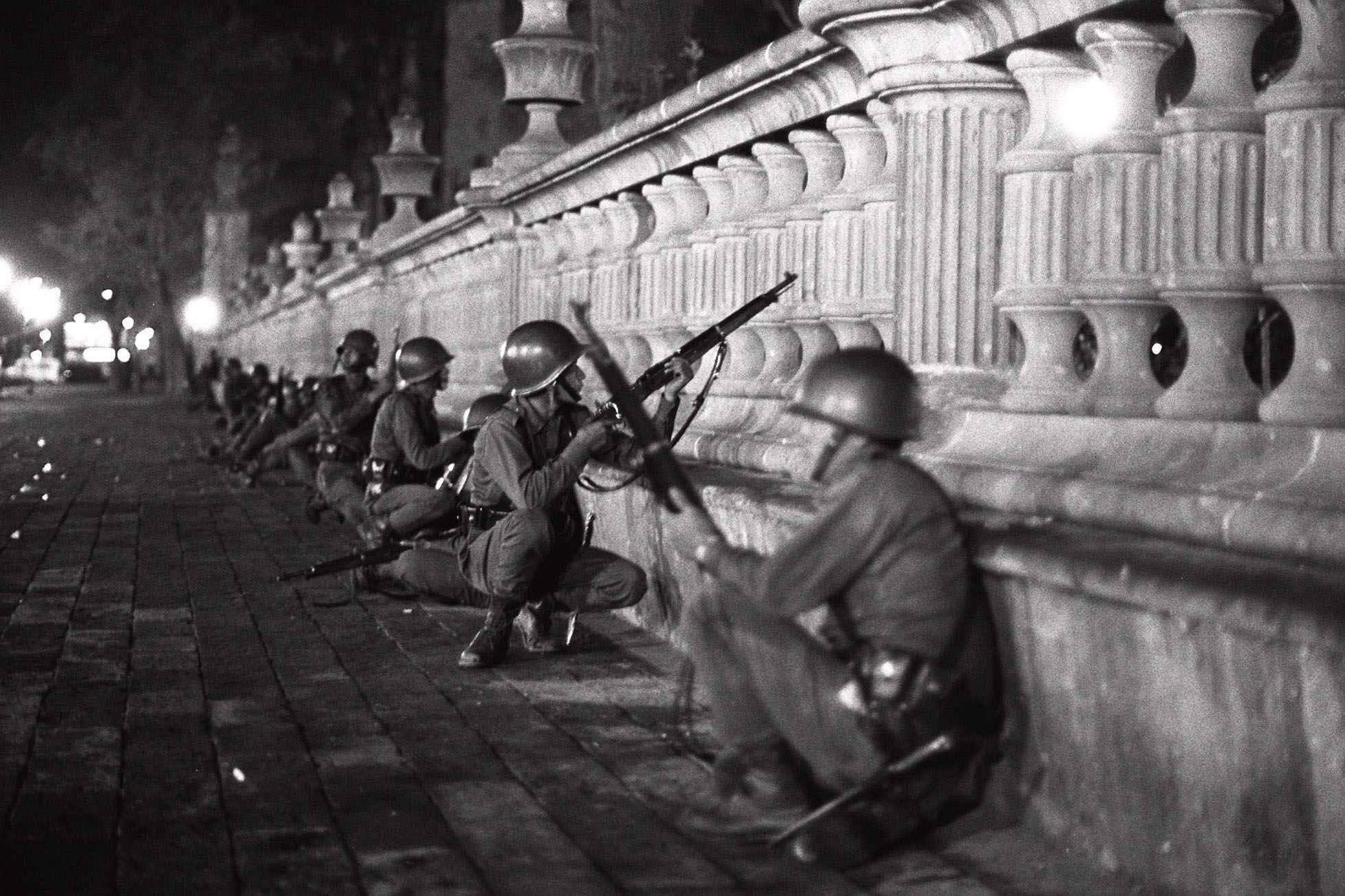......"the Democratic Party's civil war during Bush's two full terms was getting more uglier, but it was quite better off by handling and hashing out these rivalries then, while we had control of the House of Representatives, the Republicans still had control of the United States Senate, which meant President Bush was going to get more judges confirmed in the judiciary branch. I think the frustration of losing five consecutive presidential elections in a row: 1968, 1972, 1976, 1980 and 1984: with Humphrey losing a heartbreak in 68, yet we got the damn doors blown completely off by the jackass crook (Nixon) in '72. Then Watergate exploded which forced Nixon's resignation two years later and we got Jerry Ford, who's a nice guy, who lost popularity once he pardoned Nixon less than a month after becoming the 38th President. It caused a backlash in the 1974 Midterms and the economy went into the full crapper of SHIT in 1975. Next thing we know, Ford gets assassinated by some Charlie Manson nutjob and we ended up with Rockefeller as the 39th President, who turned out to be quite popular and ended up crushing Wallace in a massive landslide in 1976......
......Before we knew it, Rockefeller was planning on seeking reelection for 1980 and potentially 1984 following the controversial American Government Stability Act was approved by Congress, which abolished term limits on the Presidency, it meant he could've been the longest-serving President for 13 years had Rocky not died of a heart attack late in the evening of January 26, 1979. Holton ascended to the Presidency as the 40th President and like Rocky, held sky-high approval ratings, but didn't seek reelection to his first full term in 1980 due to Reagan aggressively running...... We thought we had Reagan on the ropes in the early part of the campaign once Governor Carey won the Democratic Party presidential nomination. And for awhile, it was neck-and-neck in 1980 between the two Governors.......
However, I never saw one conniving, dirty political trick coming in the name of the controversial Lee Atwater, who leaked out damaging and disturbing information about Evangeline Gouletas-Carey's personal life including other dirty tricks Atwater and the Reagan campaign had pulled. I KNEW better because Reagan played fucking dirty. Next thing we knew, Reagan won in a resounding landslide of 22 percentage points with 57 percent of the nationwide vote and carried 45 out of 51 States in 1980.
Some of us assumed after the 1982 Midterms that Reagan wasn't going to seek reelection, but he announced his reelection campaign. His approval ratings were on the upswing in the Fall of 1983....... when the entire world was shell-shocked following Reagan's horrific assassination in Seoul, South Korea on November 13, 1983 and we saw George Herbert Walker Bush ascending to the Presidency as the 42nd President of the United States. I knew right then, that we were on course of losing in a resounding landslide again, this time to a Connecticut-born, New England clam-chowder talking diplomat from Texas, who had the benefit of incumbency and overwhelming popularity following the successful Operation Bootstick, which caused the downfall of the North Korean communist dictatorship and the eventual reunification of the Korean Peninsula or some version of it under Seoul's control.
......I was scared that Bush was going to sweep all 51 States in 1984. Yet, there was some heart warming moments, that Governor Babbitt did manage to work hard in the South by flipping Kentucky (Collins' backyard), Georgia, West Virginia, and North Carolina. 1988 was a must win for us and we badly tried to get some of the up-and-coming Democrats to consider running against President Bush in '88: Cuomo and White both turned it down and focused on running their respective States of New York State and Texas. Clinton was thinking about '88 and there was talk of incoming Senator Gore being hyped up as a candidate......
Dukakis had big skeletons coming out of the political closet: that fucking prison furlough program in Massachusetts was causing many Democrats to get scared of being tagged by Republicans as "Soft On Crime" and weak on public safety, etc., I knew that we had to do more extensive discussions on how to move the Democratic Party forward......"
-United States Senator Juan H. Cintron Garcia (D-PR)
Exclusive Interview: "How the Democrats Got Their Groove Back" Autobiography
28 May 1999





_(cropped).jpg)
